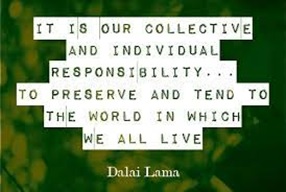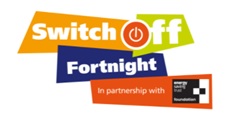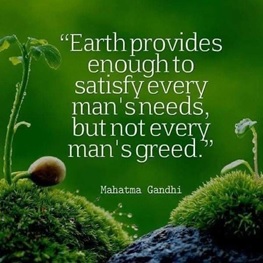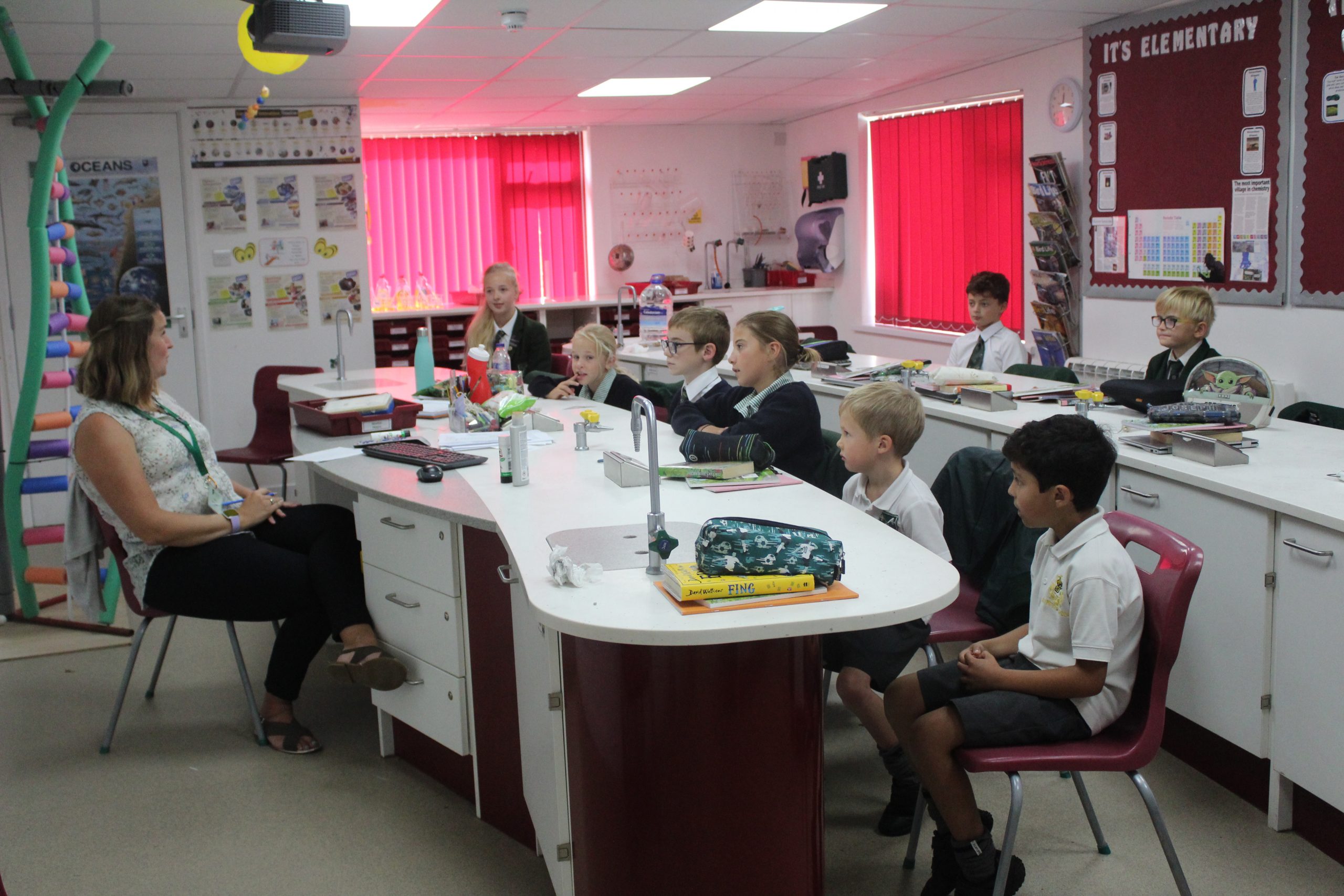
Switch Off Fortnight is a nationwide campaign that takes place every November, to encourage schools to switch off lights and electrical appliances when not in use.

We have joined the pod and have been studying the astronomic energy that it takes to run our school. https://www.jointhepod.org/campaigns/sof21
Over the last two weeks, pupils and staff at school, led by the Eco Team, took part in Switch Off Fortnight. Switch Off Fortnight has generated much discussion between pupils and has encouraged everyone to take an interest in saving energy and cutting down their carbon footprint. Each year group has taken on the challenge of an entire school day without power. Year 1 kicked things off and were absolutely delighted that the interactive white board wouldn’t be used ALL day! However, they were quick to identify that doing your reading journey early in the morning was much trickier without lights and with dark winter mornings. Higher up the school, there were electrical surveys carried out and the calculating of individual carbon footprints, partnered with plenty of discussion. Poor Mrs Hughes kept trying to phone to speak to the Year 4 team on her day off but Year 4 diligently ignored the phone calls, as they were on their switch off day!
Children are appointed to positions of eco-responsibility by their peers, forming our Eco Council. They drive eco-awareness amongst their classmates and staff throughout the school, promoting initiatives and campaigns. Their aim is to reduce waste, electricity usage and to recycle. Over the next year, they will monitor and plan to reduce food waste in the school, continue to drive litter-picking schemes, look at recycling unwanted school items and to explore the idea of carpooling to help to reduce the number of cars on school site.
When we think about schools, we first come up with subjects such as Maths, Science, reading, and writing. However, these subjects, while important to success, are not all that schools teach; students learn how to be responsible and mindful citizens. Teaching students about climate change means making them aware that they, and those around them, have a responsibility to something larger than themselves.
- How do their actions affect the environment?
- How do changes in the environment affect them and others?
- Why should they care about recycling or sustainability?
St Peter’s Preparatory School has been talking about and teaching about climate change as part of Humanities, Science and PSHE lessons for many years. Furthermore, we take action to reduce our own impact on the environment and encourage our children to take responsibility for their actions and how they affect the world around them. The engagement shown by young people in this struggle is so important and we want to nurture this passion through learning. Education is a vital tool in raising awareness and equipping future generations with the skills and knowledge needed to tackle climate change. It is hardly surprising that children and young people across the globe are embracing the environmental agenda; they will be the biggest losers if we fail. Young activists have inspired a generation. Adults must now get on board.
COP26 President Alok Sharma said:
“Wherever I have been in the world, I have been struck by the passion and the commitment of young people to climate action. The voices of young people must be heard and reflected in these negotiations here at COP. The actions and scrutiny of young people are key to us creating a net-zero future.”
Each one of us can make a real difference, both in our daily lives and in how we educate and model behaviour to our children. Who knows, some of them may be attendees at COP36 or COP46 one day!









